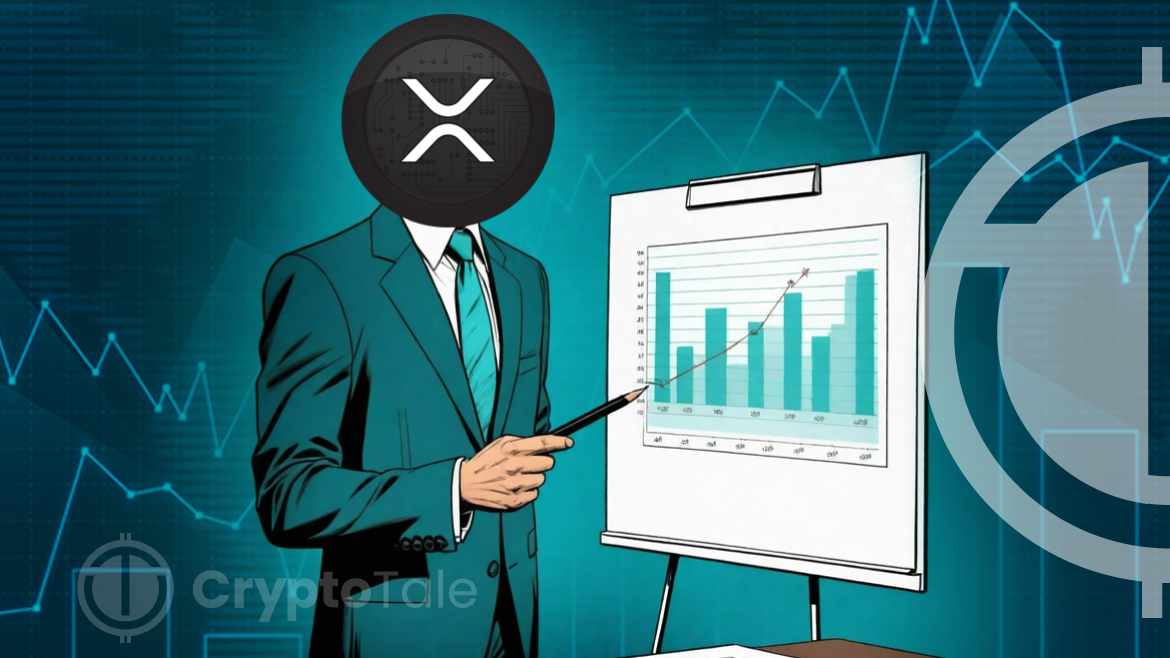- Ripple’s Q4 report shows XRP trading volumes surged to approximately $600 million daily, reflecting a 75-100% increase from Q3.
- XRP’s volatility and price witnessed notable increases, driven by market momentum and anticipation of Bitcoin ETF approvals.
- Ripple secured a critical legal victory against the SEC, with the court ruling that XRP is not a security and certain sales did not constitute investment contracts.
Ripple’s latest Q4 report highlighted a significant increase in XRP trading volumes, which surged to approximately $600 million daily by year-end, marking a substantial rise of 75-100% from Q3’s lows. According to Ripple, the increase in trading volume reflected broader movements in the cryptocurrency market, particularly due to regulatory developments and anticipations surrounding Bitcoin ETFs.
Per the report, the quarter witnessed a notable increase in realized XRP volatility, beginning from historical 90-day lows of around 45% and nearly doubling by mid-November. This volatility surge coincided with a significant price increase for XRP, mirroring the cryptocurrency market’s overall bullish momentum during October and November.
The composition of XRP trading also saw changes, with the percentage share of volume traded through fiat pairs in Q4 remaining steady at about 15%, while the majority of trading shifted towards stablecoins, especially USDT. Additionally, the quarter saw a gradual migration of XRP volume from Binance to alternative exchanges such as Bybit, Upbit, Coinbase, and OKX, indicating a diversification in trading platforms.
A noteworthy aspect of the quarter was the significant growth in on-chain XRP transactions and an increase in wallet numbers, rising by 34% and over 30%, respectively. Furthermore, the NFT sector within the XRP ecosystem experienced a remarkable surge, with over half of all-time NFTs minted in Q4, representing a 400% increase compared to Q3. This activity highlighted a burgeoning interest in NFTs, with over 5 million mints and more than 1 million sales, generating nearly $10 million in sales volume.
The report also detailed Ripple’s XRP holdings at the start and end of Q4, showing a slight decrease in direct holdings while the majority of XRP remains locked in on-ledger escrow, scheduled for monthly release over the next 42 months. This approach to handling XRP’s supply involves a deliberate release into the market, with most of the released XRP being returned to escrow.
The report also delved into Ripple’s ongoing legal battle with the SEC, marking a critical victory for Ripple on July 13. The court’s ruling that XRP is not a security under federal law and that most of Ripple’s XRP sales and distributions did not constitute investment contracts was a landmark decision. However, it acknowledged that certain sales to sophisticated entities were investment contracts, necessitating SEC registration.






